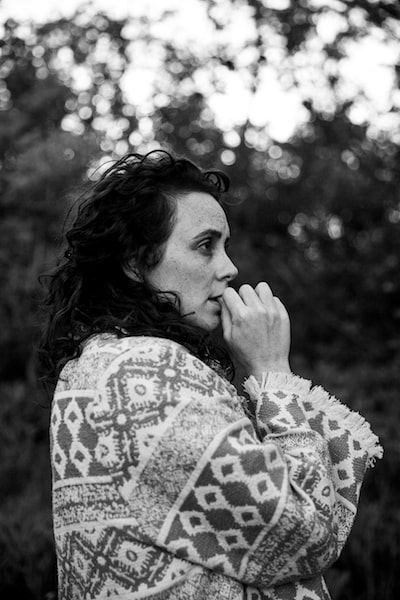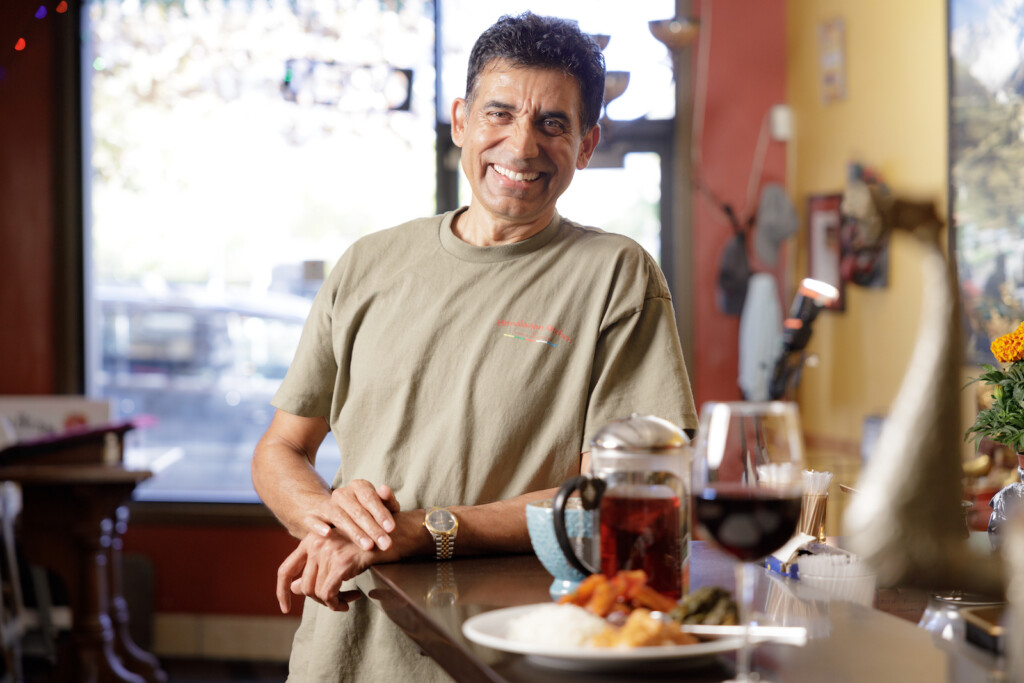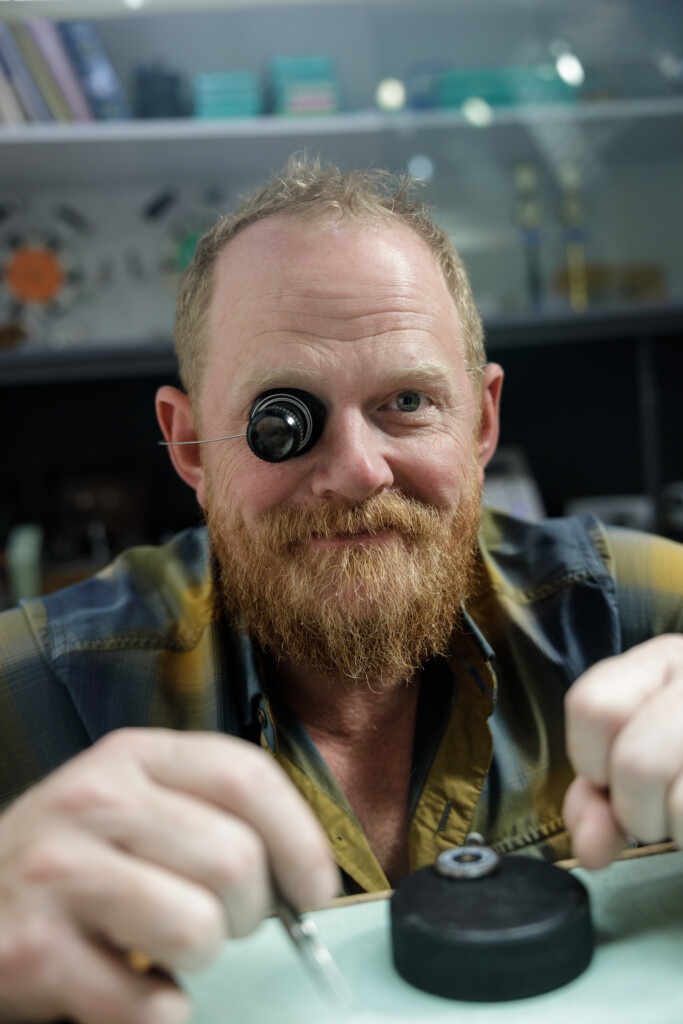
While other children were enjoying their summer breaks, Keira Shae recalls how she was being repeatedly raped by the 18-year-old son of her mother’s then-boyfriend at the age of eight in Utah County.
It wasn’t the first time she and her siblings were sexually, emotionally, and physically abused, as she wrote in her memoir, How the Light Gets In, published in 2018 by BCC Press (By Common Consent, a non-profit LDS publisher) and available for sale on Amazon.com.
It was the 1990s, and Kiera’s methamphetamine-addicted mother suffered from mental illness, delved into prostitution, was often imprisoned, and couldn’t care for her five children, Kiera vividly remembers.
Her harrowing upbringing was fodder for the book and helped her release some of her angst about growing up in poverty, neglect, and abuse, even in what is known as “Happy Valley.”
Seemingly against all odds, the 31-year-old author, mother of three, and dedicated Mormon wife, has made giant strides in trying to overcome her disturbing past and wants to help other youth who feel abandoned, unloved, and trapped.

She plans to have her master’s degree in educational psychology from Utah State University in 2021, and will engage in counseling teens. But reconciling her brutal childhood is a daily struggle, and she still sees a therapist weekly.
Being honest and journaling provided what she calls an exorcism from some of her pain. By telling her story, she wants to encourage minors to seek help from trusted adults, including teachers, neighbors, or church leaders, but she also wants them to know that reporting abuse to police and child-welfare workers likely won’t resolve everything overnight, especially with older kids who have a more difficult time being adopted than infants.
“Just because you report it doesn’t mean it’s going to solve your problems,” Kiera says, bringing up how, when authorities came to investigate abuse claims, she and her siblings often hid in the basement and lied as coached by their mother, or else suffered harsh beatings.
“It’s a lot more complicated than you think. There is no knight in shining armor. It’s more a network of hands; like a quilt for a soft place to land. Everybody’s help is needed, but you have to make the jump. You have to work on it,” Kiera says.
After running away multiple times, then returned to the chaos, she was asked if she wanted to be placed in foster care, and she emphatically agreed.
“My mother said, ‘You would rather go with strangers than be with me?’ I would rather be under a bridge,” Kiera told her.
Fortunately, she lived with a caring family for about a year and turned to the power of prayer at an acquaintance’s urging. Although she had prayed for years, a peace finally came over her, and she worked hard at part-time jobs, finished high school, and graduated with a psychology degree from Utah Valley University (UVU).
“I basically exist because of the charity of others,” she says. She even wrote a letter to taxpayers thanking them for turning her life around, mentioning the aid of food stamps, Sub for Santa, Medicaid, and other programs:.
But others give her more of the credit, saying her spirit to live and thrive ultimately changed her life for the better. Instead of succumbing to drugs and trying to escape her history, she pulled herself out of the deep, scarring crevasse, albeit with the help of kind people, some of whom let her down. She now knows that in some cases their hands were tied legally. Although she still believes the system for protecting children is flawed, she thinks the power of communication and understanding is key.
Matthew Draper, her former psychology professor at UVU, quickly realized that Keira stood out and recommends her memoir to his patients who have shared “terrible backgrounds.” After she took one of his courses, he asked her to be a teaching assistant, but their busy schedules prevented that.
“I was so impressed by her intellect, her demeanor, and how she conducted herself,” Draper says. “Keira could respectfully talk with me and not put on airs. There are no airs. What you see is what you get.”
He has complete faith in her ability to heal others.
“She doesn’t care where you’re from; she wants to take care of you,” he says. “She is a genuinely compassionate person. She has every reason to distrust people and not like other people, but she doesn’t. What I would hope for her are as many tears of joy as of sorrow.”





